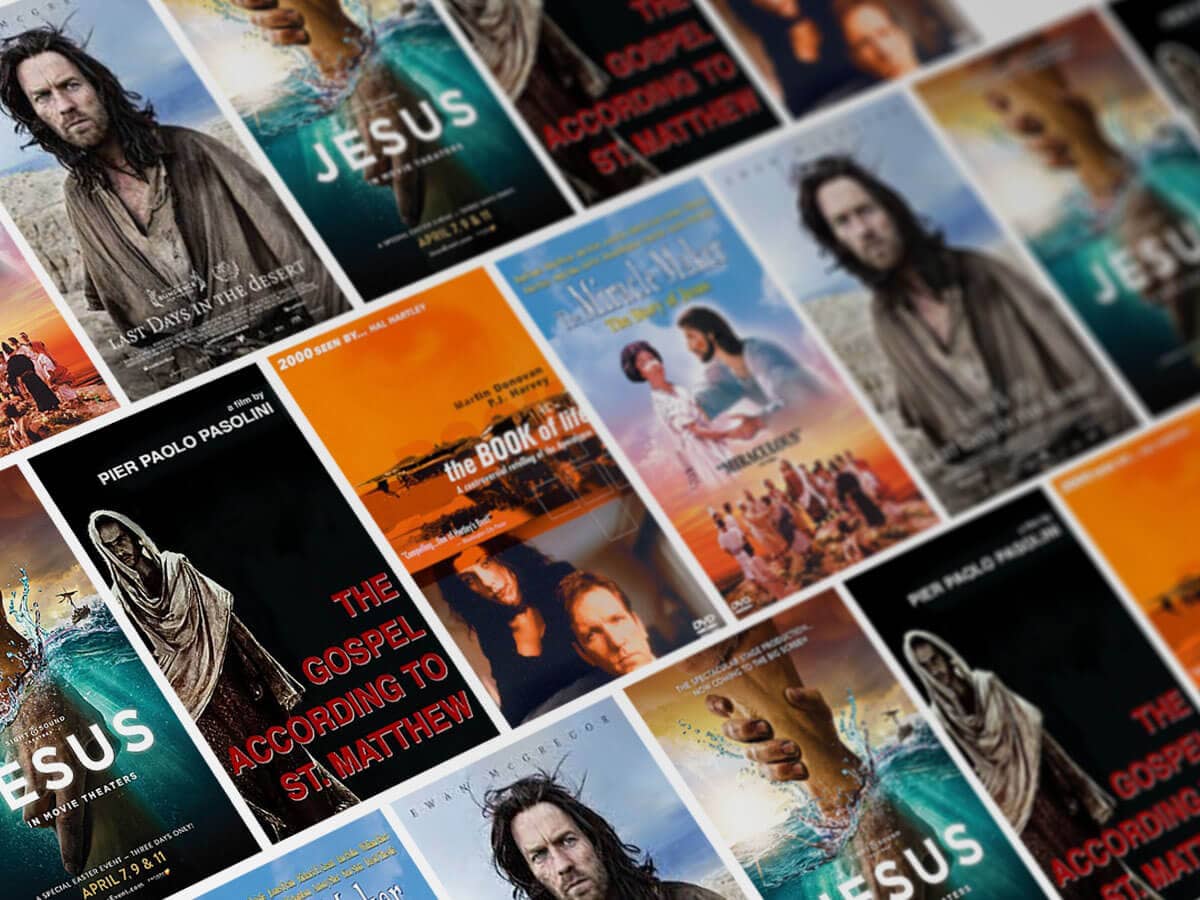 It started with two plane rides. After switching to a multi-engine charter at the Austin airport, screenwriter Milo Attica was lifted out of the city and, three landing attempts later, left near the wastelands of Corpus Christi, Texas, where director James Marsh waited.
It started with two plane rides. After switching to a multi-engine charter at the Austin airport, screenwriter Milo Attica was lifted out of the city and, three landing attempts later, left near the wastelands of Corpus Christi, Texas, where director James Marsh waited. "It was raining and it was dark," said Attica. "I go and I see James standing there at a carousel and I figure, 'This must be the guy.' He takes me out to the wasteland--that was the first thing I saw that night. It was chilling, and it was very exciting."
The wasteland, startling in its primitive aesthetic and close in proximity to the pristine, church-strewn suburbs, emerged as the pivotal setting for Marsh and Attica's new film "The King," which opens in limited release on May 19th.
Strongly--if initially unintentionally--linked to the biblical story of Cain and Abel, the modern day morality tale stars William Hurt as David Sandow, a preacher with a dark past, and Gael Garcia Bernal as Elvis, his illegitimate, unwanted son. Ironic title notwithstanding, "The King" has little to do with rock n' roll.
"This was written blindly, in a way," said Attica, who was nominated for a best original screenplay Oscar for the 2001 film "Monster's Ball," and approached by documentary director Marsh a few years later. The dark haired, intensely serious screen scribe recently joined Marsh and Bernal at the Essex House Hotel to talk to press about the film.
"James knew he wanted to write a story about two best friends, one killing the other," Attica said. "I took it a step further. I said, 'What about a brother killing a brother?' And from that we started to develop the relationship between two young boys."
"The Cain and Abel story is really interesting- it's the first vile action in the Bible," said Marsh, who grew up in England with a preacher father Marsh describes as having been "literally born again--when he got a parking space he thought God gave it to him." Marsh felt drawn to the dark, thought-provoking themes of Cain and Abel for his first fiction film.
"The King's" setting informed its story, and both writer and director arrived in Corpus Christi (which literally means 'body of Christ') with just the germ of an idea. They left not only with a polished screenplay, but the blessing of the local church.
"For them [the members of the church], it's about someone asking for forgiveness," said Marsh. "There's no sin in the Bible I'm aware of that can't be forgiven."
In the film, Elvis seeks out his father following his discharge from the Army, romances David's daughter Malerie (Pell James), and murders her brother Paul (Paul Dano). Bernal, the actor who plays Elvis, wasn't so sure about Marsh's ideas regarding biblical forgiveness.
"Society makes laws, and certain things are crimes," said the actor. "That's way before faith."
What significance does faith have for Bernal, who has played a minister ("El Cremen del Padre Amaro") and the Cuban revolutionary Che Guevara ("The Motorcycle Diaries")?
Faith "sparked a huge curiosity in me," the actor said. "I've always approached it with respect, because I believe in something. I can't put a finger on it. I was brought up with everybody was created equal, and no one was the chosen one. People are people first."
In the movie's second act, Paul threatens to reveal the budding love affair between Malerie and Elvis, and an impulsive act of violence lands them both in the Corpus Christi wasteland. There, Elvis disposes of his half-brother's body, and the Sandows, who think that Paul ran away, turn to God--to no avail.
"James was very much into making William's character a modern born-again Christian," said Attica. "I said, 'I really think we should take this a step farther and make him a preacher.' It was hard for James, because his father is a born-again Christian preacher. I think he didn't want to necessarily get in to that."
Ultimately, the more personal version of the character prevailed, and in the midst of sweltering heat and a grueling 24-day shoot ("It was very extreme," said Bernal), Hurt made time for talks with the town's minister and some of his congregants. [James Marsh just said parishioners…I will try to find this out tomorrow…hmmm.
"William said to me, 'These guys really work hard," said Marsh. "They deal with personal, difficult problems. The guy that I befriended in the church, he was driving all over the place. It's not an easy job, what they do."
Questions--and the movie raises many--swirl around Hurt's preacher, who, according to Attica, "embraces Elvis as a Christian but denies him as a son."
"If you don't want to face your past, faith helps you feel forgiven," said Bernal. "But if you disobey the rules of faith, then you use faith to justify your actions."
But how do "The King's" filmmakers justify multiple murders? How do they justify a Christian preacher who could easily be interpreted as an oppressive gun-slinger? "The King" was well-received when it played at the South by Southwest film festival, but do Marsh and Attica worry about audience reactions in more conservative locales?
"We don't portray the Christian family as hypocrites," Marsh said. "The William Hurt character isn't sitting at home jerking off to kiddie porn. He's trying to live a righteous life, but he has sins of the past that are going to come back with a vengeance and confront him."
"I'm not trying to create a negative portrait or a full frontal assault on the American Christian family," Attica added. "Faith is great, but there is a sense of responsibility that people don't consider. I find it curious that we always come down to killing each other because my God is better than your God."

